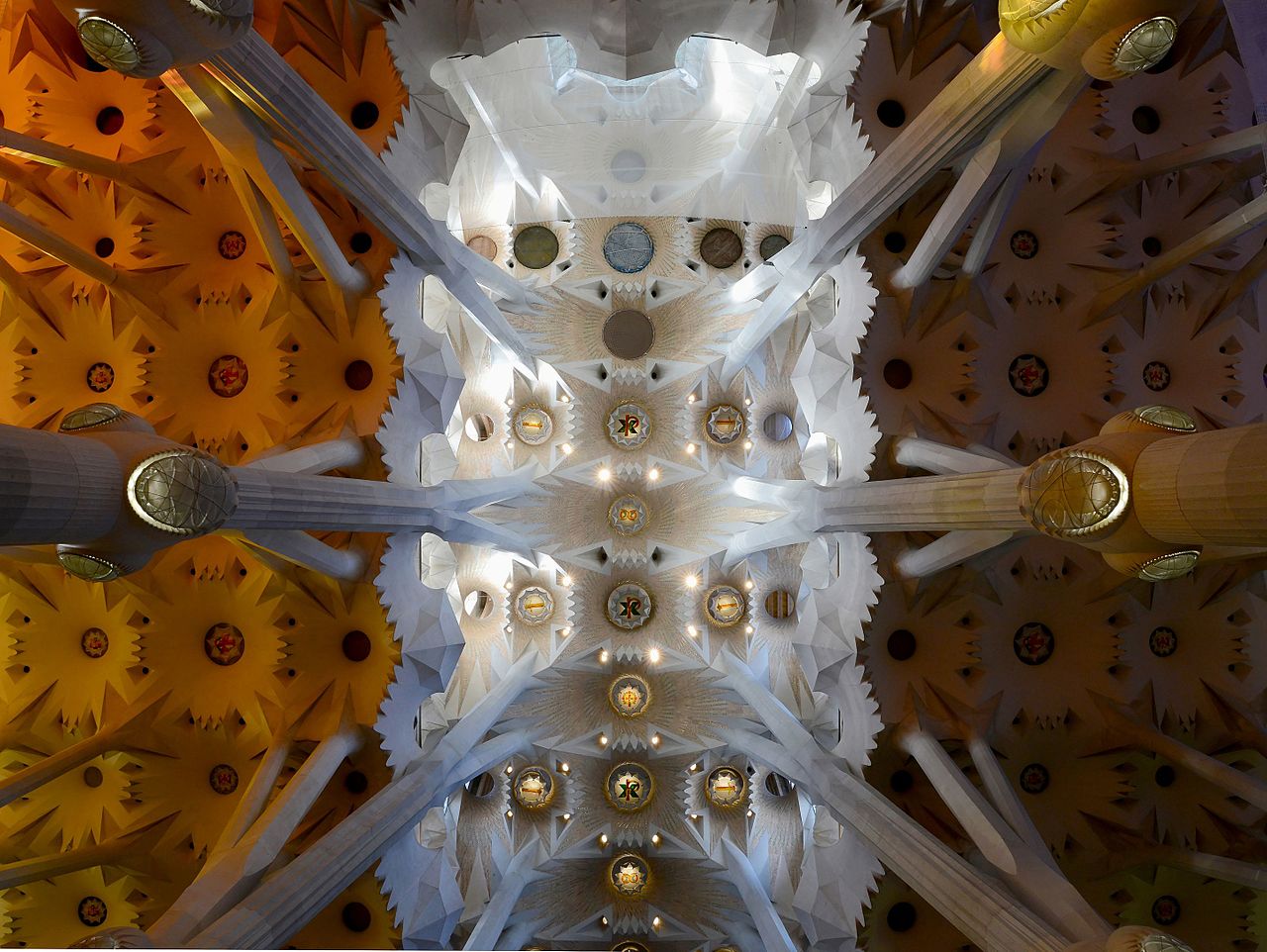
For God so loved the cosmos;
loved the human world and the more-than-human world,
loved the quarks and the nebulae and
the vast stretches of empty space
between the tiniest particles and between the largest galaxies;
loved tree frogs and beetles,
mushrooms and songbirds,
loved you and me and the space between us;
that she poured her divine self out
and looked out on the world through human eyes in human sockets,
and felt the fleshy vulnerability of her creatures.
With the full, enthusiastic consent of Mary,
(and with no need of a man),
she nurtured in the water of a womb
a child;
and gave her beloved child to us,
and named this child “God saves,”
who was also her Very Truest Self;
because God has always been a giver
a lover
and prone to prodigal excess.
Then her Very Truest Self,
lived as one of us,
loved and taught others to love
(as She has always been doing, as She is still doing)
with the same kind of love that pours out
that sees
that inhabits
in such a way that Justice and Peace would become synonyms,
that they would hold hands;
in such a way that forgiveness would set free instead of perpetuate harm,
in such a way that prisons would be abolished,
(as She has always been doing, as She is still doing)
and the poor would be filled with good things
and the powerful would be brought low,
and the low would be lifted up,
because the abundance of the world is and has always been enough.
But the human world loved its dismal sense of deserving
more than light.
It loved its warring madness,
it loved dominating and colonizing and subjugating;
it loved shaming and putting people in their place,
and measuring out who deserves what,
and taking land and lives,
and crucifying anyone who got in its way.
It loved being important and big and worshiped.
It loved defining the world according to itself,
setting up whiteness as a god
and nation as an idol
who demanded child and elder sacrifice
in exchange for guns and gold.
It loved marketshare and mindshare.
It loved creating scarcity out of abundance,
burning oil to create money,
so that it could have more
by making others have less,
so that it could play games
with the life of the planet,
so that it could bleed the world dry
and strip mine the hills
to open a new strip mall.
It was so crafty at manufacturing suffering,
that after it killed Her child,
it mimicked her grief
and mocked her love
and turned the religion of Her Very Truest Self
into another dominance game
another theology of deserving.
It put crosses on steeples
on every street corner,
as a reminder that anyone who did not follow would be crucified.
It created disciples of hate to wound others in the name of Jesus.
It taught people that the world that God so loved
was disposable
and to pray to God about what comes after death
so that by a counterfeit resurrection
many would be led astray
and teach others to do the same.
And, feigning outrage at the death of Her child,
the One it murdered,
it would continue to burn heretics at the stake
along with witches, and queer people, and scientists, and lovers, and artists
and any saint who dared dream of a better world
for this world
instead of the next.
And all the while,
it would tell its followers:
“Do to them before they do to you.”
Any who dared whisper
“God is love”
would be reminded
of love’s cruelty,
of tough love,
of loving at or loving on,
a love that alters where it finds alteration,
of the Great Chain of Being and the Right of Kings
and that a Man’s Home Is His Castle.
This is why John had to tell us
that She loves differently:
“So loved.”
Her love looks like a person,
and that person looks like you,
and you are made in the divine image of love.
Standing on Mount Nebo,
looking out over the promised land,
filled with burning forests and dead songbirds,
the corpses of insects and frogs who will never again sing at night,
paved roads full of automobiles with nowhere to go that isn’t just like the place they left,
we searching ones look for the breath of the Holy Spirit,
a purifying wind,
to blow away the polluted air,
to push the carbon dioxide back into the ground,
a wind that will animate the dry bones
and desiccated exoskeletons,
to knit sinew to bone
and muscle to sinew
and to cover all with flesh and feather and tentacle and leaf,
the fleshy vulnerability of all of her creatures,
because all of creation
ALL of it
every last bit of it
has been groaning for ages waiting for humanity to wake up
and be born again
to see with new eyes in new sockets,
to recover their original blessing,
their awe and curiosity;
their gratitude and reverence.
She is still looking
like a shepherd on the hills,
still looking
for those who so love the world
just so.






